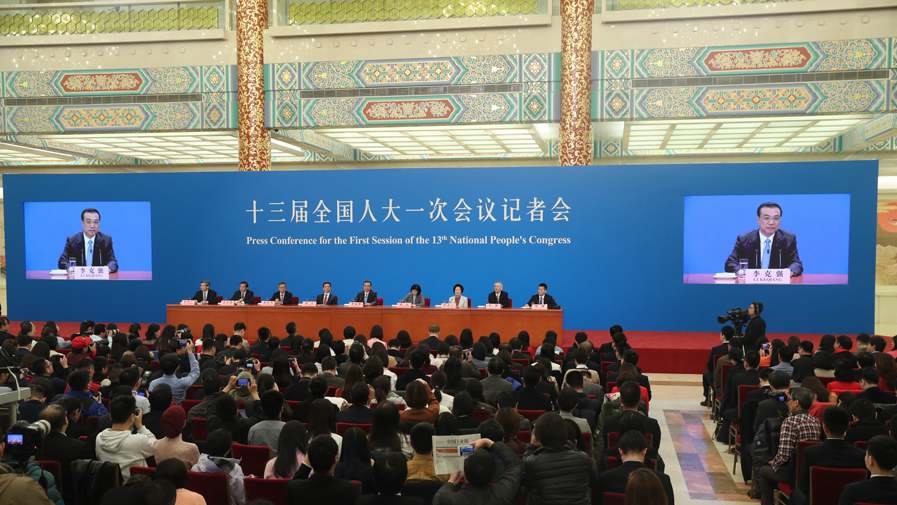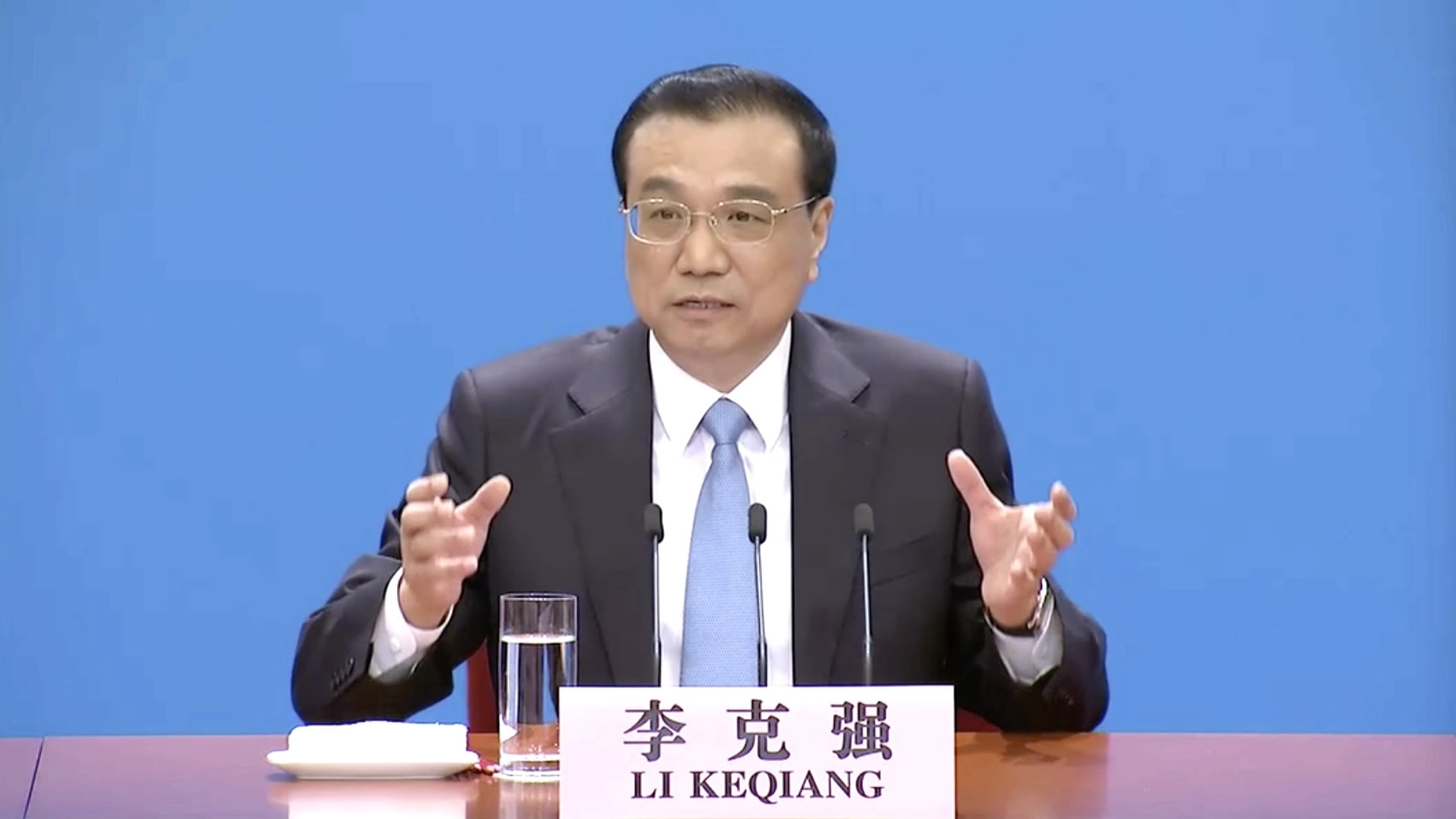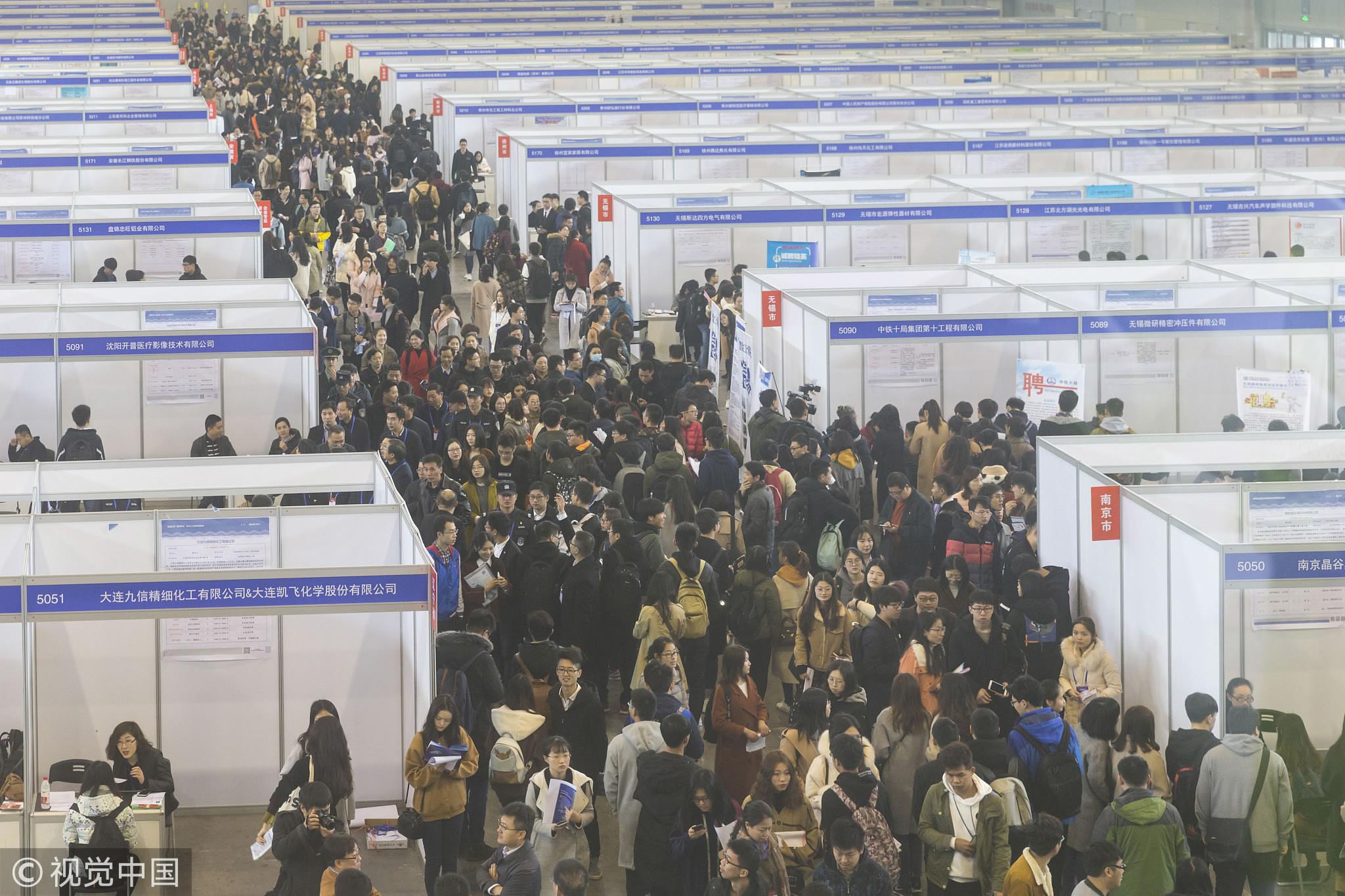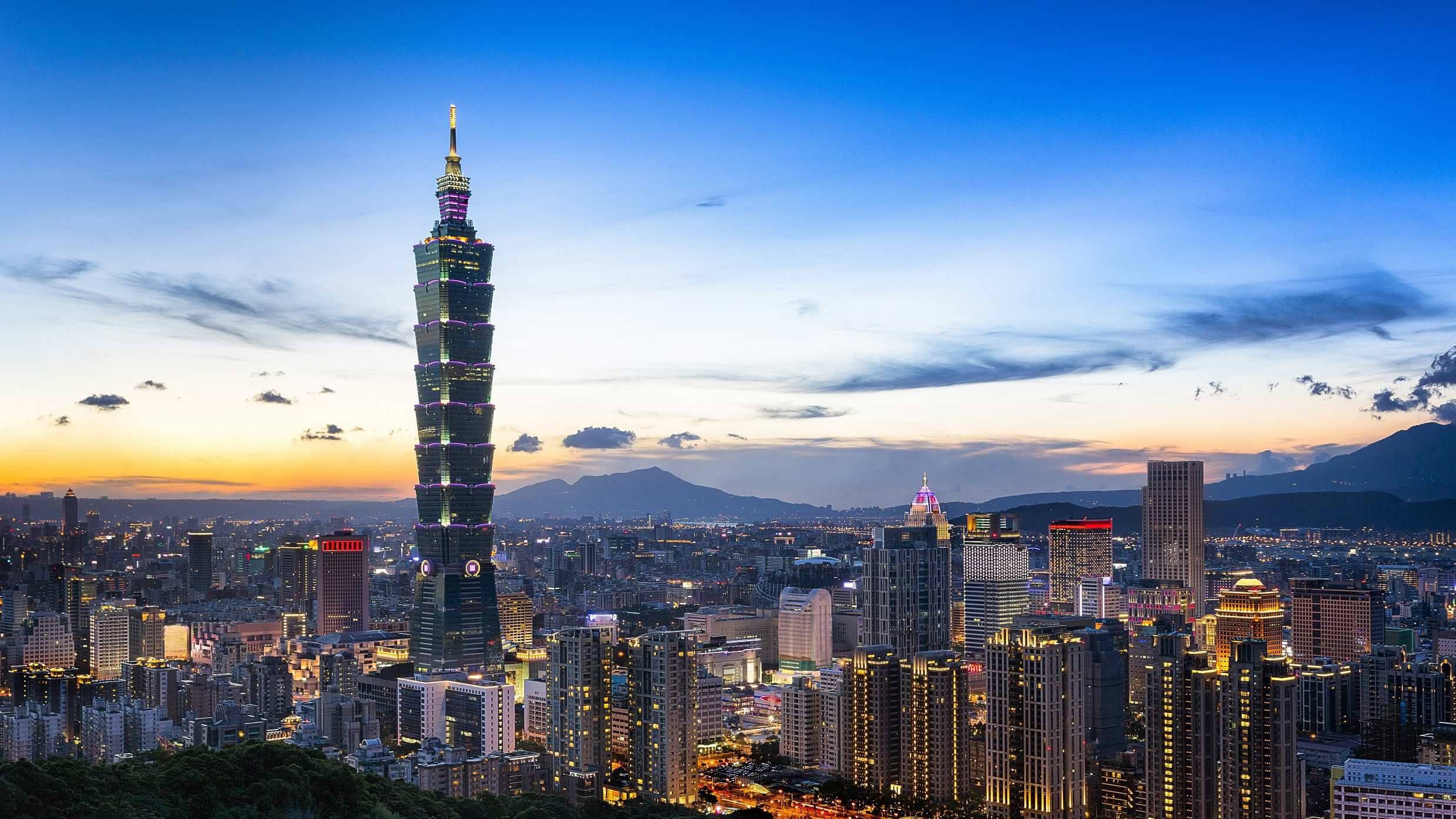
Politics
10:47, 20-Mar-2018
Chinese Premier Li Keqiang talks about economy, reform and diplomacy
CGTN

Chinese Premier Li Keqiang and newly-elected vice premiers attended a press conference at the Great Hall of the People in Beijing on Tuesday, following the closing meeting of the first session of the 13th National People’s Congress.
Premier Li answered questions on various topics including China's reform and opening-up, economic strategy, foreign policy and people's livelihood.
Here are the highlights from the press conference:
Premier Li Keqiang said China will open its door even wider to the world than before, with an aim to ensure both Chinese and foreign investors to compete in a fair market.
Li listed several measures including to further widen market access to education, health care and financial services, to fully open up in manufacturing sectors, to better protect intellectual property rights (IPR), and to shorten the negative list of foreign investment.

CGTN Photo
CGTN Photo
Premier Li pledged that the government will further cut the red tape and further streamline the accession process to the market.
He stressed that it is a must to undertake strong reform measures as “small steps are critical to achieving a bigger policy goal.”
To improve business environment, the government will cut the time it takes for opening businesses by another half, reduce the time required for reviewing a project application by another half and put in the national place a platform for accessing government services, he detailed.

VCG Photo
VCG Photo
Other measures include allowing people to get things done in one place without a need for a second trip and to ensure that any requirement for certification that has no basis in law or regulation will be abolished, Li told reporters.
China welcomes recent de-escalation on the Korean Peninsula, Premier Li said, saying China will continue its role in promoting dialogue and pushing for denuclearization process.
Noting some skepticism from private enterprises, Li Keqiang stressed that businesses of all types of ownership have all made their contributions to china’s economic growth since reform and opening up.
“Private investment has been relatively weak, but we have paid high attention to this problem,” Li said.
Li said that the rural land contracts will be extended for another 30 years and more measures will be taken to protect legal property rights by law.
Premier Li said China will never seek expansion and follow the footsteps of big powers which sought hegemony once they grew strong.
“”In some areas, the international community may hope that China will play a greater role, but China will fulfill its due international responsibilities that is commensurate with its status as a large developing country," Li said, "It will be a misunderstanding to interpret China playing such a role as to seek strategic expansion."
In a question about employment, the premier said the government is expecting to generate around 13 million new jobs in 2018.

A job fair for college graduates is held in Nanjing, east China’s Jiangsu on March 17, 2018. /VCG Photo
A job fair for college graduates is held in Nanjing, east China’s Jiangsu on March 17, 2018. /VCG Photo
In 2018, China sees a record-high of 8.2 million college graduates, five million graduates of secondary vocational schools and one million demobilized military personnel and workers affected by overcapacity cuts, Li told reporters.
"No winners will emerge in a trade war," said Premier Li when answering a question on China's measures in case of trade war between Beijing and Washington.
Li maintained that China will firmly protect intellectual property rights, and expressed hope that the US will ease restrictions on exports of high-value added goods to China and seek balanced China-US trade.
Li said China is capable of forestalling systemic financial risks, ruling out the possibility of such risks in the country.

VCG Photo
VCG Photo
"The fundamentals of the Chinese economy are sound and the financial sector is stable," Li told the press conference.
China and Russia are each other's biggest neighbors, Premier Li said, adding that the stable and friendly development of bilateral relations is beneficial to both countries and to the world.
China should not tolerate any external forces using Taiwan as a card to cause difficulties for the cross-Strait relations, Li said, adding that continuous efforts will be made to pursue the peaceful development of ties.

Taipei /VCG Photo
Taipei /VCG Photo
"We
should ensure fellow countrymen and women from Taiwan will be able to enjoy the same treatment as mainlanders when they come to work and study in the mainland, because we are members of the same family," he said.
Li said China improved its basic health care system over the past few years, but some families still fall through the safety net.
The government will take measures to better serve those with serious diseases which can push families back into poverty, Li said.
Premier Li said he is actively considering paying an official visit to Japan when he attends the China-Japan-ROK leaders' meeting in the country later this year.
The Internet Plus model has played a very important role in ensuring the stable growth of China’s economy “like a new sail being installed on the big ship of China's economy, riding the wave of a new round of global technological innovation,” adding the model has profoundly changed China.

VCG Photo
VCG Photo
The government will adopt a prudent and an accommodating approach in exercising regulations on new systems, Li said. More measures will be taken, such as create favorable conditions for some internet markets listed overseas to return to the A-share markets.
Li Keqiang said it is fundamental to uphold the "One Country, Two Systems" principle in boosting the cooperation between Hong Kong SAR and Chinese mainland, when addressing to the question whether economic integration will blur the "Two Systems".
Li said the central government adheres to "One Country, Two Systems" in Hong Kong and Macao Special Administrative Regions and to the principles of "Hong Kong people administering Hong Kong" and "Macao people administering Macao".
Li said China is capable to pay old-age pensions timely and in full despite of difficulties in some provinces and the central government will continue their reform to ensure the adequate support for pension payment.
1km

SITEMAP
Copyright © 2018 CGTN. Beijing ICP prepared NO.16065310-3
Copyright © 2018 CGTN. Beijing ICP prepared NO.16065310-3